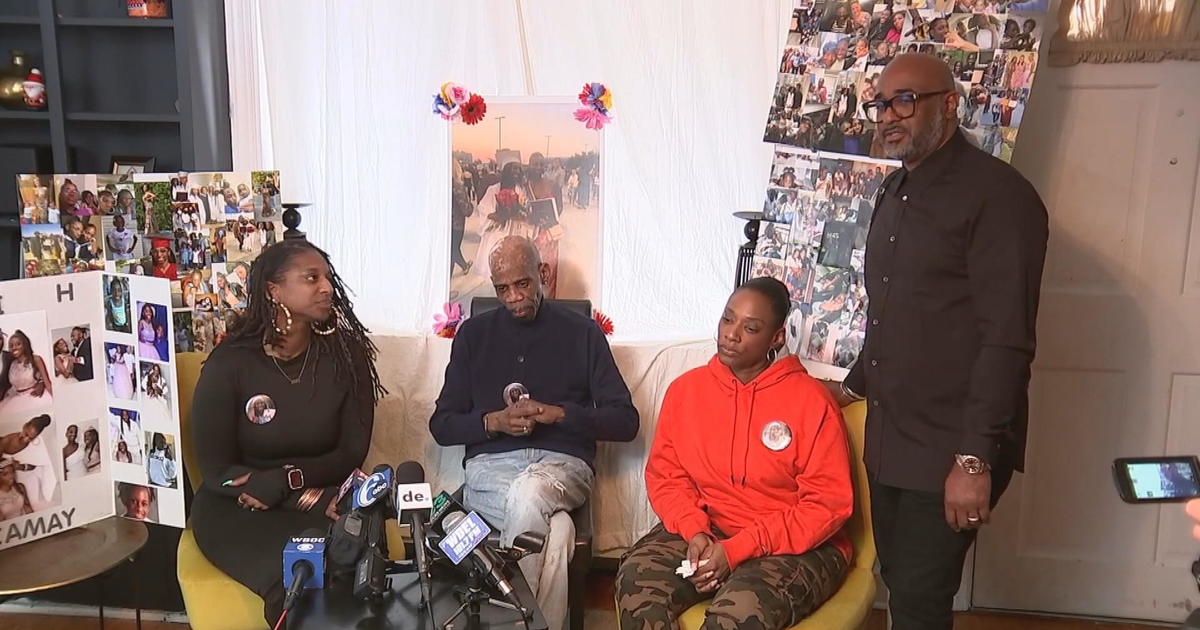How To Make Food Last During A Power Outage
 (Photo credit: Thinkstock)
(Photo credit: Thinkstock)
Food is essential to life and provides a sense of normalcy as well as emotional sustenance during challenging times. When weather emergencies occur, power outages often follow, causing shortages in the stores and food spoilage, as well as upending the sense of security every family deserves. You don't have to cut the last radish into fours to get your food supply to last throughout a power outage. You simply have to take precautions, be prepared and follow these tips.
Stock Up Sensibly – Your family may thrive on lobster fra diavolo and black angus burgers, but stocking up on highly perishable foods or those requiring freezer storage are not your best bet during storm season. You may typically eschew canned fare, but many healthy choices are tasty and available, such as mercury-free tuna, wild salmon and salt-free vegetables. You can also indulge your love of peanut and soy butters, dried fruit and whole grain crackers. Keep an eye on expiration dates; even canned goods lose flavor and nutrition over time. Try to stockpile a one-to two-week supply of food that will sustain your entire household, while supplying enough diversity to remain interesting. Try to include variations of everyone's favorites, including ready-to-eat foods that require no cooking. Turning a power outage into an adventure may help your family get through the situation with grace. If you've always wanted to try boxed, organic chili bean pear soup or double pepper seaweed crackers, this is a good time to do it. Don't forget to include beverages such as individual servings of boxed juice and almond milk, and pet food if you have a furry or feathered friend to take care of. Ready-to-use baby formula and bottled, ready-made coffee may also be life savers, as will bottled water.
Store Food in a Safe Area – If you have concerns about flooding, you should keep your food supply on high shelves, but never compromise your safety by using a ladder to reach it in standing, frozen or slushy water. Food stuffs like bread and muffins should be stored in air-tight containers to maintain freshness. You can also use portable coolers, tightly stuffed.
Stuff the Freezer – The fuller your freezer, the colder your food will remain if the power goes out. Stock your freezer with foods like flash-frozen vegetables or fruit rather than raw protein sources and surround them with plenty of ice or frozen water in baggies. You can also use dry or block ice, which will help keep food colder for a longer period of time. According to the U.S. Department of Agriculture, a full freezer will hold its temperature for around 48 hours and a half-filled freezer will start to lose its cool after 24 hours. Food in the freezer will start to become compromised and prone to bacteria contamination, once the temperature rises to zero degrees or higher, no matter how packed your freezer is. Make sure your freezer has an appliance thermometer so you can eliminate the guesswork. Raw meat, fish and chicken should be kept away from other foods in case they drip as they start to thaw. Anything that feels warm to the touch or has an odd smell should be tossed. Keep the freezer door closed and your food will remain safer longer.
Keep the Fridge Closed – Food in a closed fridge will typically remain fresh and safe to eat for 2 hours after the power goes out, provided the door has been kept closed for that period of time. Food will start to spoil once the internal temperature of your fridge reaches 40 degrees F or higher, so keep an appliance thermometer inside on the lowest shelf away from the freezer. Anything that looks drippy, melted or offends your nose even slightly should be tossed. Many forms of food-borne bacteria cannot be cooked out, so don't take chances, no matter how expensive the filet mignon was.
Install a Home Generator – Keeping the power on during an emergency is the only sure-fire way to protect your family's food supply. At-home generators automatically go on when the power goes out and seamlessly shut themselves off when the grid comes back to life.
![]()
Learn more by visiting CBS Philly's Storm Prep section
![]()
Corey Whelan is a freelance writer in New York. Her work can be found at Examiner.com.
![]()



